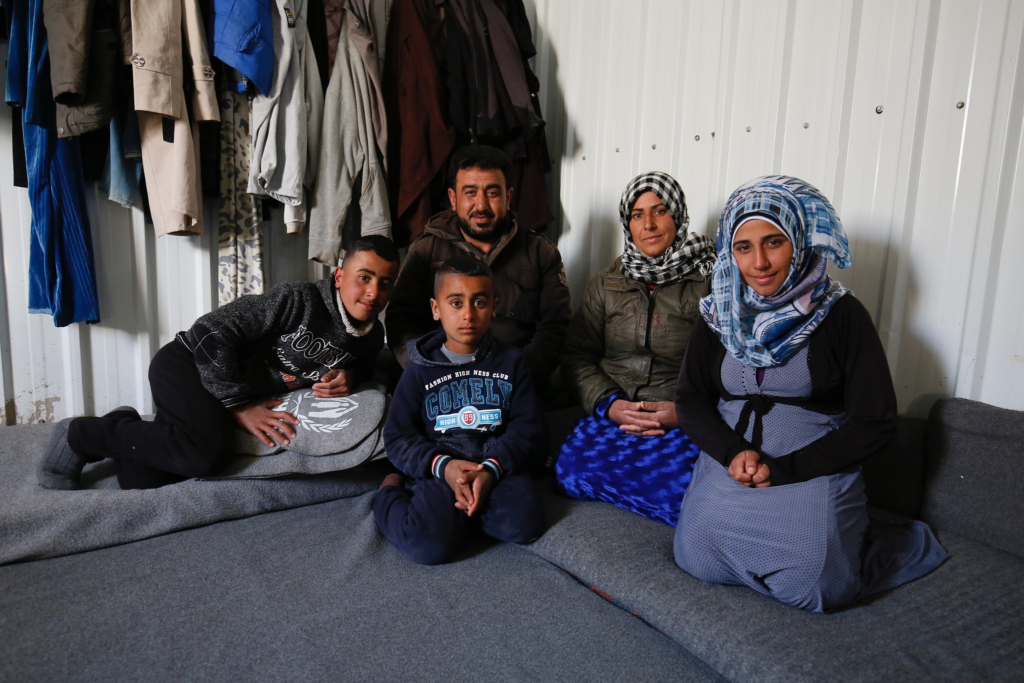Landmark court ruling challenges refugee protection.
In a significant development, the Higher Administrative Court of Münster has issued a ruling that challenges the prevailing practice of granting subsidiary protection to Syrian asylum seekers in Germany. This decision has sparked a debate among German politicians and legal experts about the current situation in Syria and its implications for refugee policy.
The court’s verdict suggests that civilians in Syria no longer face “a serious individual threat to life or physical integrity as a result of arbitrary violence in the context of an internal armed conflict.” This interpretation contradicts the standard procedure followed by the Federal Office for Migration and Refugees (BAMF), which typically grants subsidiary protection to Syrian asylum seekers as civil war refugees.

Political reactions: Support from interior ministers
Thüringen’s Interior Minister Georg Maier (SPD) has welcomed the court’s decision. “I share the court’s view,” Maier told the RedaktionsNetzwerk Deutschland (RND). He emphasized the need for a nuanced approach to the situation in Syria, pointing out that some Syrian refugees are demonstrably loyal to the regime and therefore do not face consequences upon return.
Maier, known for his pragmatic approach to migration issues, went further to suggest that deportations of Islamist threats and serious criminals should be resumed, if necessary through third countries. He argued that national security interests outweigh the individual interests of rejected asylum seekers in such cases.
Bavaria’s stance and call for reassessment
Joachim Herrmann (CSU), Bavaria’s Interior Minister, described the ruling as “very important and trend-setting” when approached by the RND. While acknowledging that the regime of Syrian dictator Bashar al-Assad has “unfortunately consolidated” its power, Herrmann stressed that there are large parts of the country where people can live safely.
Herrmann, who has been a vocal advocate for stricter immigration policies, called on the federal government to conduct a new assessment of the situation in Syria. This request reflects the growing sentiment among conservative politicians that refugee policies should be adjusted to reflect changing circumstances in the countries of origin.
Implications for Syrian refugees in Germany
The court’s decision could have far-reaching consequences for the approximately 800,000 Syrian refugees currently living in Germany. Many of these individuals arrived during the height of the European migrant crisis in 2015-2016, fleeing the brutal civil war that has devastated Syria since 2011.
If this ruling sets a precedent, it could lead to a reevaluation of the protection status granted to Syrian refugees. This may result in more stringent assessments of individual cases and potentially increase the likelihood of deportations for those deemed to no longer require protection.
However, it’s important to note that the situation in Syria remains complex and volatile. While large-scale combat operations have decreased, human rights organizations continue to report ongoing violations and instability in many parts of the country. Any policy changes would need to carefully consider these factors to ensure the safety and well-being of those affected.









